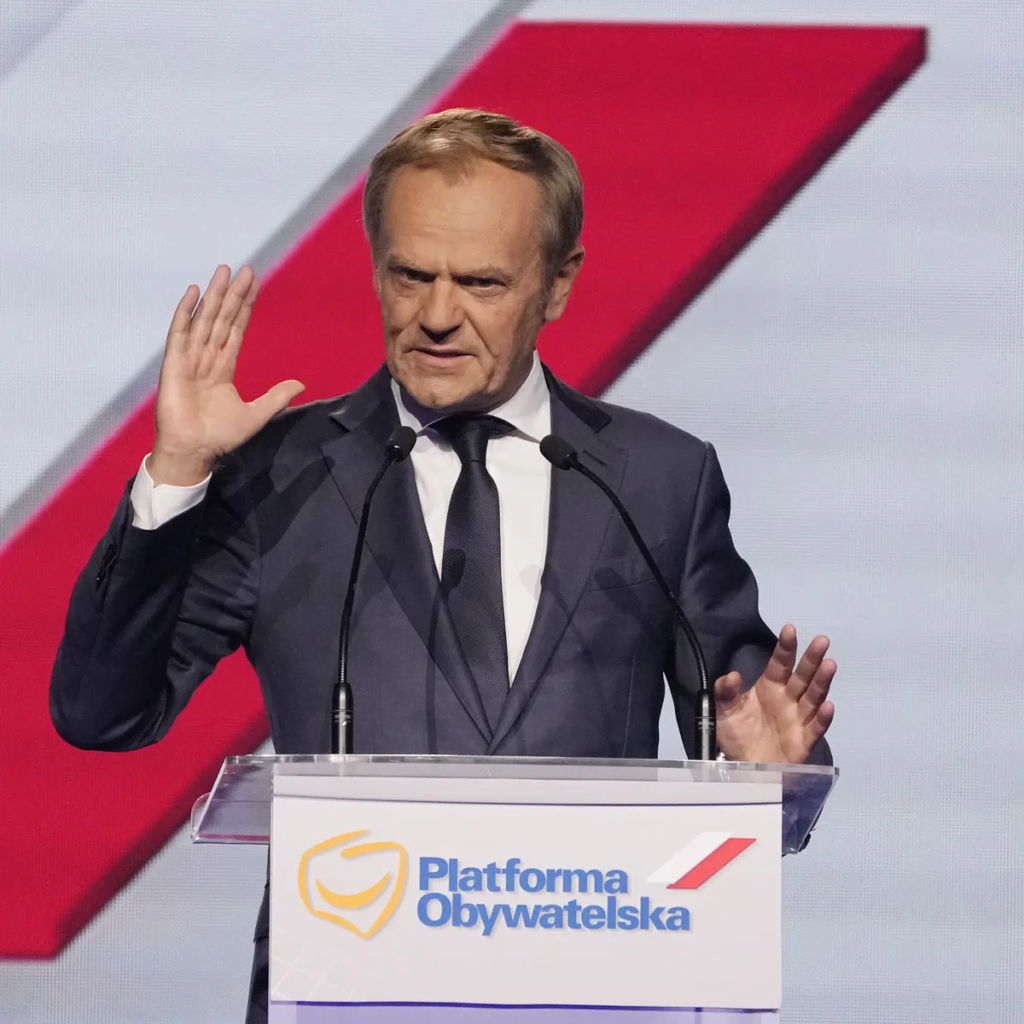In the aftermath of the recent parliamentary elections in Poland, the Law and Justice (PiS) party, a national conservative group, emerged as the strongest political force but failed to secure an absolute majority. Prime Minister Mateusz Morawiecki’s PiS obtained 36.6% of the vote. Conversely, the liberal-conservative Civic Coalition (KO) led by former Prime Minister Donald Tusk secured 31% of the vote and expressed intent to form a coalition with Christian Democrats and Social Democrats. Voter turnout was notably high, with around 73% of eligible voters participating.

The potential formation of a new government involving the pro-European opposition parties could signify a shift in Polish foreign policy. The current PiS government has been at odds with the European Union over judicial reforms and has strained relations with Germany due to demands for World War II reparations. In contrast, the opposition parties advocate for a pro-European stance and a more conciliatory approach towards Germany.
In the electoral forecast, PiS was projected to win 198 seats in the 460-seat parliament, falling short of the majority of 231 seats. The opposition coalition, consisting of KO, the Christian-conservative Third Way, and the left-wing alliance Lewica, could potentially secure 248 seats and thus a majority in parliament. Opposition leader Donald Tusk viewed their performance as a victory, emphasizing the importance of democracy in Poland.
President Andrzej Duda, a former PiS leader, plays a crucial role in government formation, urging caution and waiting for the official final results. Many view this election as a strong pro-European signal, emphasizing the need to restore and protect Polish democracy against authoritarian tendencies. The success of the Civic Coalition is seen as an affirmation of common European values and a call to strengthen the European project against internal forces seeking to undermine liberal democracy.














